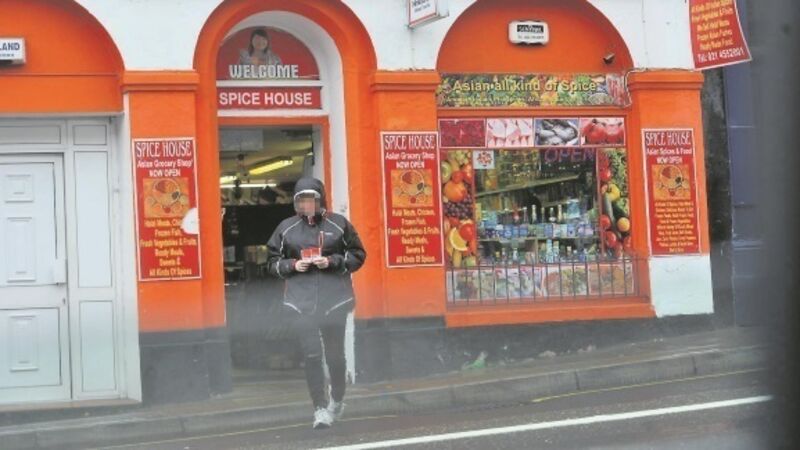VIDEO: Illegal cigarettes flooding the streets of Cork City

The former chief superintendent who’s helping gauge the ever-increasing level of illegal cigarettes sales in this country has smoked all his life, but he’d be scared to touch some of the stuff now flooding the streets — no matter how cheap they are.
“I’d be big enough to say we all know the health risks of smoking, but people out there have a free choice,” Kevin Donohoe says, just after stubbing one out.













